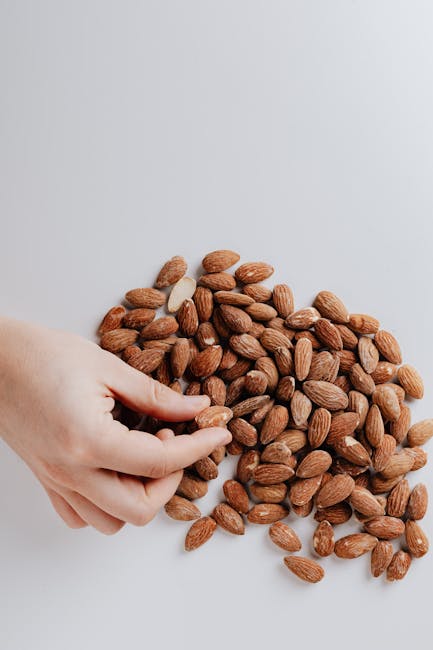https://www.youtube.com/embed/Z_1Hzl9o5ic
Medically diagnosed Irritable Bowel
Syndrome, known as IBS is difficult to treat and overcome. In part, because we
still don't understand its precise cause. However, researchers at Monash University have been studying the dietary factors in food that can trigger IBS symptoms.
This research has shown that the pain discomfort and daily disruption caused
by IBS is triggered by certain types of carbohydrates in food called FODMAPs.
Here we can see some examples of high FODMAP foods. To understand how some foods contribute to IBS symptoms, we need to look inside the intestines where food
is broken down and absorbed. Zooming into the molecular surface of the intestinal
cells we see they are covered in molecular machines that accelerate the
breakdown of carbohydrates. Most carbohydrates, once broken down, can be absorbed through pumps on the surface of your cells. However, some carbohydrates are not digested or absorbed by people. The rapidly fermentable short-chain
carbohydrates that can't be absorbed are called FODMAPs. The presence of FODMAPs causes water to be dragged into the small intestine. Also, because they aren't
absorbed, FODMAPs travel through your gut to the large intestine.

When
bacteria in your large intestine get access to FODMAPs, they use them
for energy to survive. The bacteria rapidly ferment FODMAPs and produce
gas as a result. Excess gas production and water retention causes the intestines to
expand. When the intestinal wall stretches from
distension, the highly connected nerves around the intestines send signals to
the brain. People with IBS have very sensitive
intestines, so these signals contribute to the pain they experience. To reduce
FODMAP intake and to alleviate the distension, bloating and other symptoms
of IBS, Monash University have developed the low FODMAP diet. People with medically diagnosed IBS should consult a dietitian about trialling the diet. The Monash
University Low FODMAP Diet app has been developed as a tool to help people with
IBS manage their diet and alleviate symptoms. Contact Monash University or
visit the website to find out more about the low FODMAP diet..

